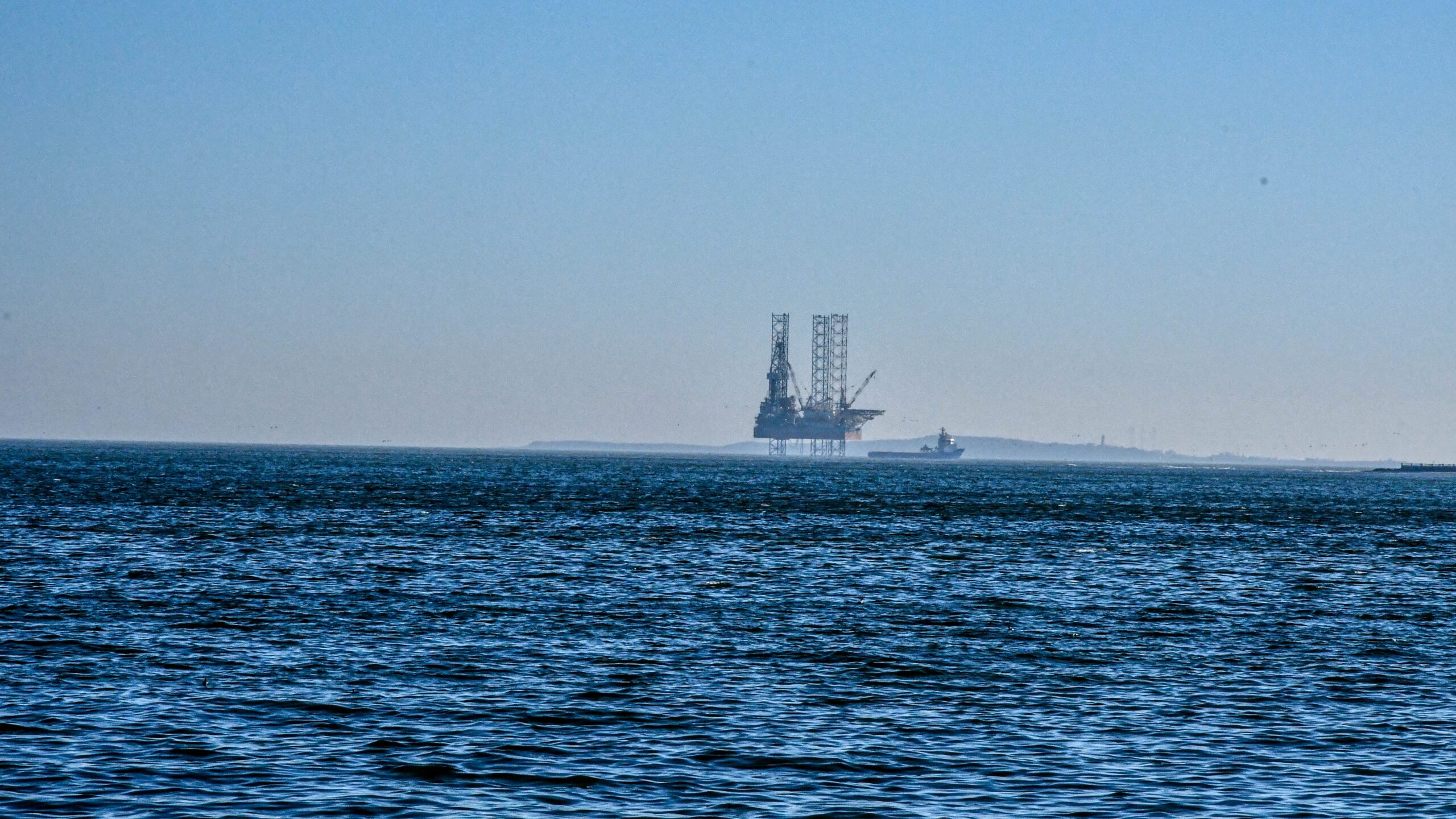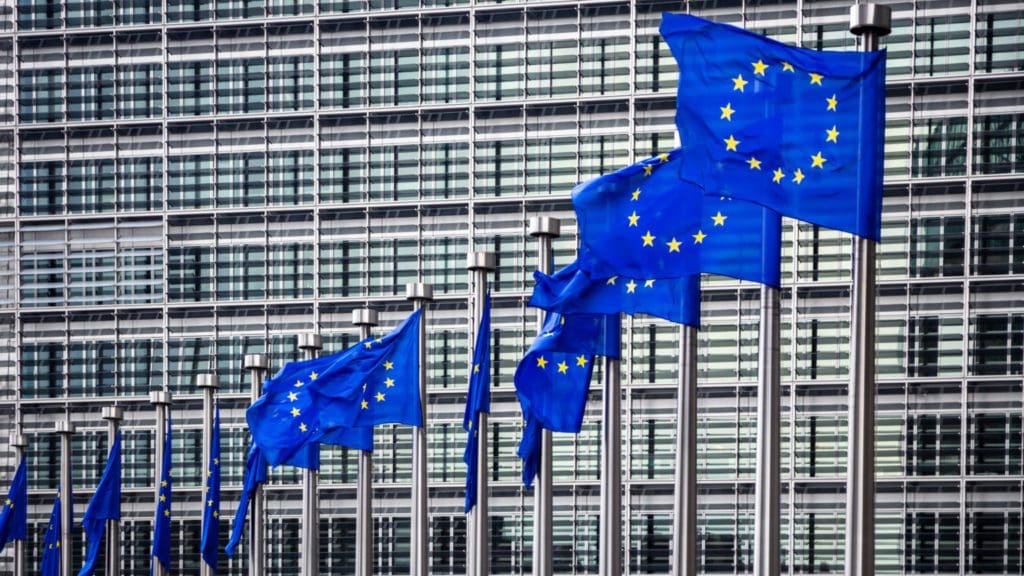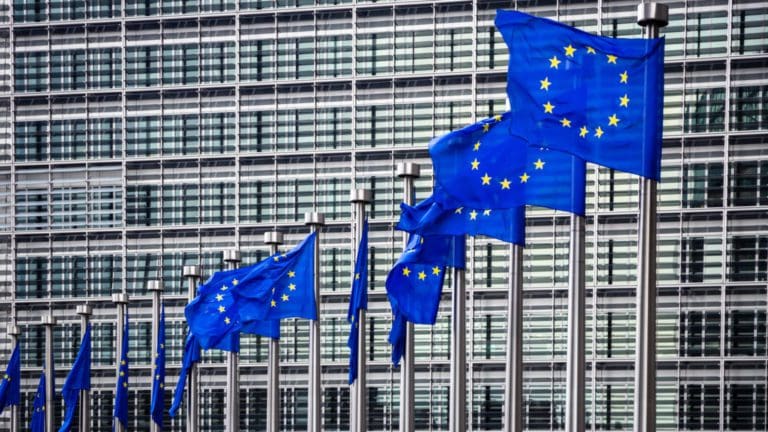The EU’s need for new energy providers requires a new approach to its international relations. Hungary’s foreign policy of ‘connectivity’ can ensure the connection is one that lasts, along with strengthening its hand in guiding the European Union towards realistic foreign policymaking.
Hungary’s assuming of the rotating European Union presidency this summer has been met with little to no cordiality from its sibling nations. In the foreign policy realm, Budapest and the other capitals of the EU are at odds over multiple issues, with the policy towards the Russian–Ukrainian conflict being the most prominent. Following Prime Minister Viktor Orbán’s visit to Russia’s Vladimir Putin for a self-styled ‘Peace Summit,’ the contention reached the point of Brussels denying Hungary the chance to host a summit of European Union foreign ministers in Budapest to discuss collective policymaking. This is usually a symbolic event that demonstrates the current EU president nation’s position and influence as well as continental unity. Instead, an alternative forum on foreign affairs and defense will be hosted in Brussels in late August. Divisions over ideology have resulted in rocky start for Hungary’s time as the EU leader. However, an issue that affects everyone and evokes a collective agreement for change, offers a chance for Budapest to unify the bloc in the spirit of unified, realistic policymaking. That issue is the future of the Europe Union’s international energy relations.
Decoupling and Green Transition
The EU’s decoupling from Russian energy, unlikely to be reversed, necessitates new sources and partnerships. The movement towards renewable sources away from hydrocarbons such as oil and gas complicates the challenge. Shifting markets and infrastructure to take on new customers is one that will be a challenge, especially for Hungary if it intends to play a leading role in the venture. Remaining heavily reliant on Russian sources in addition to making efforts at a detente with Moscow have driven a wedge between Hungary and the rest of the EU, which has taken a more aggressive attitude in dissolving energy connections with Russia to deprive Putin’s government of war funding.
Since then, the EU has embarked on finding new partners in global energy. One part of the world in particular has risen to the challenge, and the opportunity, of meeting energy needs: the Caspian Sea region. The former Soviet republics of Azerbaijan, Uzbekistan, and Kazakhstan, have been undertaking efforts at streamlining their policies and infrastructure, building a collective effort aimed at increasing exports. These nations that border the Caspian Sea have increased energy production both in the realms of renewables such as new wind and solar farms as well as hydrocarbon extraction. Azerbaijan has pledged to double its gas exports by 2027 to make up for the loss of Russian sources. Such a relationship between the Caucuses and the Europe Union comes with plenty of mutual benefits, but challenges as well.
A key factor in the European Union’s courting of new partners will be how it balances its ideological inclinations and the necessity of compromise for meeting its needs. The movement for transition from hydrocarbon sources like oil and liquified natural gas (LNG) to renewables like solar and wind have been taken on by the political leadership of the European Union with an almost religious fervor. The break from Russian sources has been seen by some as an opportunity to accelerate the conversion of the continent into a green energy-powered utopia. However, the reality is that the challenge will require a tempered approach. With the cut of Russian energy sources, oil and gas will very likely continue to play a prominent role as the world transitions to renewable sources.
As Csaba Gondola, the Chief Advisor to the Minister of Energy explains, ‘While green transition and the reduction of CO2 emission is necessary and all in all inevitable, decade old systems and supply routes cannot be replaced by rushed political decisions. In the upcoming years we will still need reliable and predictable energy sources, especially to mitigate the challenges caused by the rapid expansion of renewables.’ Pushing too hard on utilizing renewables at the sacrifice of a stable flow of energy could push the European bloc towards the chaos it seeks to avoid. Germany’s recent history is clear example of this folly.
In 2021, approximately one quarter of Germany electrical needs were met through seventeen nuclear reactors. However, the German political powers sought to phase out the reactors with reinforcement coming from Germany’s green movement due to the lingering ghost of the Chernobyl disaster as well as accusations of harm being done to the environment. Even the environmentalist icon Greta Thunberg warned against Berlin’s rapid closures, noting that nuclear was a better option than the potential of old coal plants being revived. The Germans’ emotionally-driven trajectory collided with the shutdown of the Nord Stream 2 pipeline in response to the outbreak of the war in Ukraine. A perfect storm developed in which Germany found itself desperate for any energy source, even one that compromised its green ideological tenets. In the end, Thunberg’s warning came to pass: Germany had to restart old coal-fired energy plants to ensure its people would not be without power for the coming winter. The result was an energy landscape more polluting and vulnerable than what it had before.
Hungary’s New Role: Leading Connectivity
This is where Hungary’s leadership in foreign relations comes into play.
Hungary still imports oil and gas from its eastern energy partners such as Türkiye and Russia, much to the chagrin of Brussels and Washington when concerning the latter. Currently, 65 per cent of Hungary’s oil and 85per cent of its gas originates from Russia. Meanwhile, Austria imports 98 per cent of its gas from Russia. However, Budapest has also taken much steps towards transition. The Ukrainians shuttering of Russian oil pipelines running through their territory have added urgency to do so. A prime example is the Black Sea Electricity Project. Originally a four-way agreement between Azerbaijan, Georgia, Romania, and Hungary, now Bulgaria has joined as the fifth member of the initiative to transfer renewable-sourced energy such as solar and wind power to Central and Eastern Europe via submarine cable beneath the Black Sea.
More such projects are likely to see realization through the developing Black Sea Energy corridor. This approach is one that Hungary can utilize in playing a guiding role to help transition to other sources, both in terms of partner countries and energy types. Should the project reach its full potential, according to the German Economic Team, informal estimates measure that the transmission capacity for the cable could potentially reach 1.3 gigawatts in which Georgia and Azerbaijan could see a net profit of 160 million euros per year. In its ‘bridge nation’ role that Prime Minister Viktor Orbán champions, Hungary can ensure that the EU connects with energy production nations of the Caucuses while bridging the gaps of both policy and culture through appropriate compromises.
As opposed to Germany’s obsessive pursuit of renewables, Hungary has demonstrated the pragmatic approach of taking on a slow, balanced transition of ensuring that a transition will not introduce chaos to the lives of its citizens. While much of the EU dealt with the specter of rationing during the winter of 2022–23, Hungary ensured a stronger measure of energy security due to its more measure approach towards Russian sanctions and green energy transition. Budapest has also proven adept at developing the international relations needed to realize its vision. Along with the success of projects like the Black Sea underwater energy cable, its membership in the Organization for Turkic Nations also plays a vital role for future ambitions. Comprised of nations with Turkish backgrounds like Azerbaijan, Kazakhstan, and Hungary, the Türkiye-led bloc encompasses much of the energy-producing states of Eurasia. Hungary’s membership, while currently being the status of an observer state, offers an inside connection point for the EU to the region’s political leadership.
CEE Countries Follow Suit
Other European states are already seeing the potential. Hungary’s northern neighboring country Slovakia has sought to develop a connection to Azerbaijan for gas imports. Bratislava stands to potentially benefit from Hungary’s existing energy relations with its partners in the Caucuses.
Richard Kvasňovský, Executive Director of the Slovak Oil and Gas Association explains that ‘Azerbaijan is one of the key EU partners in the Union’s efforts to diversify natural gas supplies, as evidenced by the Memorandum signed between the country and the European Commission. The Memorandum considers an increase in natural gas supplied to the EU reaching up to 20 billion m3 per year. Part of this volume could also reach Central Europe, including Slovakia, which was largely dependent on Russian gas supplies in the past. This would represent a significant contribution to increasing of energy security, in particular for the countries of Central and Eastern Europe, given the historical connection to the gas transmission system from the east.’
Such ambitions have already begun to take form on the continent. Dubbed the ‘Solidarity Ring,’ Romania, Hungary, Slovakia, Bulgaria, Azerbaijan and Türkiye have all joined together in upgrading pipeline infrastructure. The aim of the project is to transport gas from the Caucuses into Southern Europe and potentially even farther beyond. Back in April, a memorandum of understanding solidifying the agreement was signed by economic and energy ministers representing the six nations in Sofia, Bulgaria.
As Kvasňovský details, ‘This initiative, which comprises gas transmission system operators from Bulgaria, Romania, Hungary and Slovakia together with the Azerbaijani natural gas producer, aims to increase the volume of gas imports from Azerbaijan through the existing infrastructure, assuming an increase in cross-border interconnection capacities. In this way, up to 5 billion m3 of natural gas from Azerbaijan could be supplied to our region in the first phase only.’
The initiative has its critics. Some fear the potential of the initiative providing cover for Russian-sourced gas by mixing it with other sources west-bound if sources from the Caucuses cannot meet the demand, which is not unprecedented. Others have criticized the use of gas at all when transition to renewables is supposed to take precedent into modern energy infrastructural development.
While the initiative does have issues to address, what is interesting to note is that its currently small membership consists only of nations that have chosen to taken both the rewards and challenges. Rather than seek the consent and participation of the entire European Union, this approach takes on individual members.
This approach of developing transnational energy cooperations on a multinational basis, gaining support of one country at a time, rather than through the omnipotent will of an umbrella organization like the European Union, comes with a couple of key advantages. A bilateral approach is less daunting in coming to an agreement rather than marshaling the collective will of the entire EU bloc. Such an approach also gives individual nations more leverage in ensuring their specific needs are met. By giving more agency to each nation, they then feel they’re more invested in making the initiative succeed. Such an approach, spearheaded by Budapest, demonstrates how the Hungarians can lead the EU in a manner that both respects the differing needs of individual nations while still approaching issues collectively. Perhaps this type of leadership by Budapest may prove instructive to Brussels in the ways of effective statecraft.
Need for New Energy Policy Not Contested
The chasm between Hungary and the rest of the European Union is one that is still wide, but what both sides do agree on is the need for a new energy policy to help keep the lights on in Europe. Bulgaria’s joining of the Black Sea Electricity Project and Slovakia’s courting of Hungary’s energy imports, Budapest has shown its capabilities at courting new European partners to its vision state by state. When the lights are assured to stay on, parties will be able to see more clearly that other things are possible to accomplish together.
Related articles:







